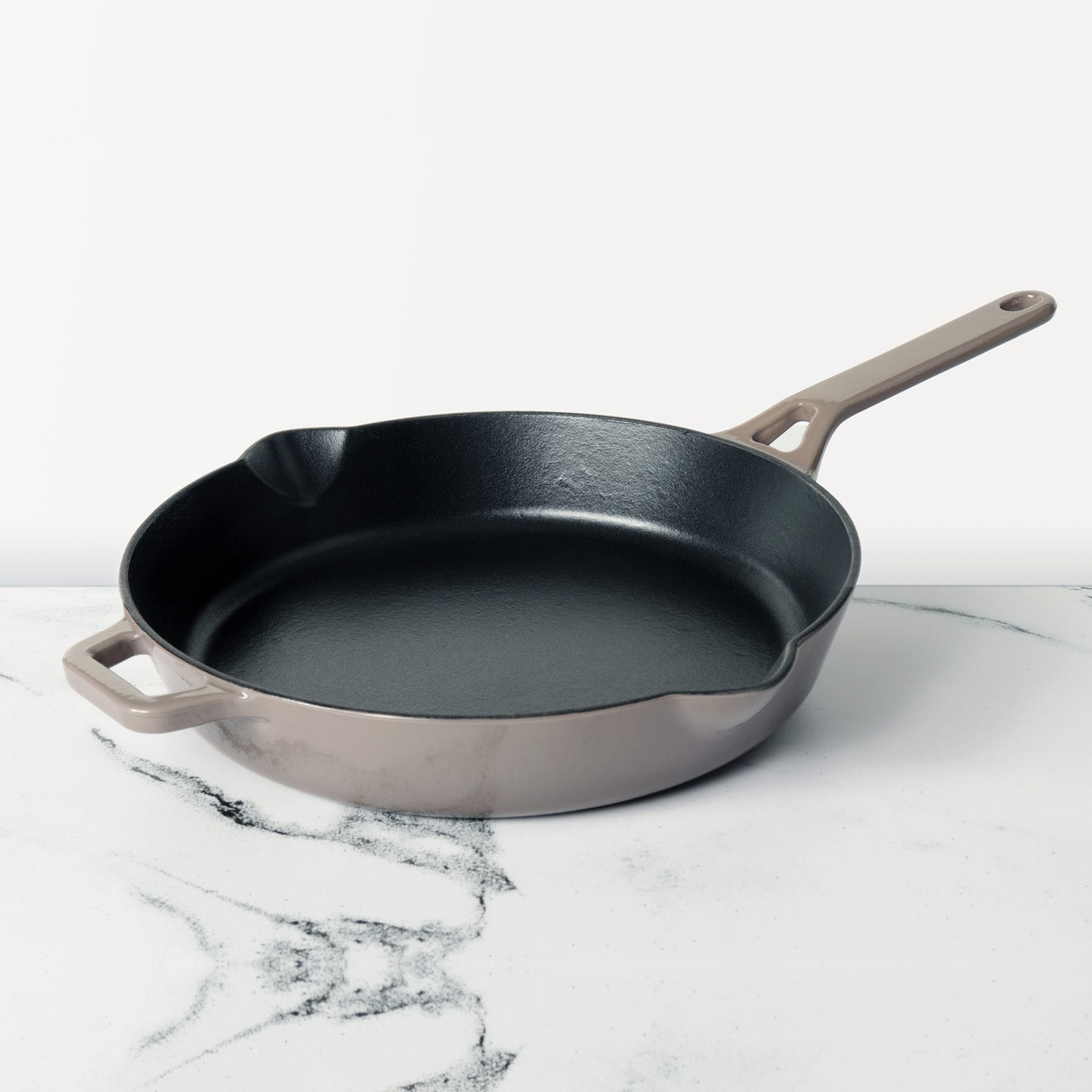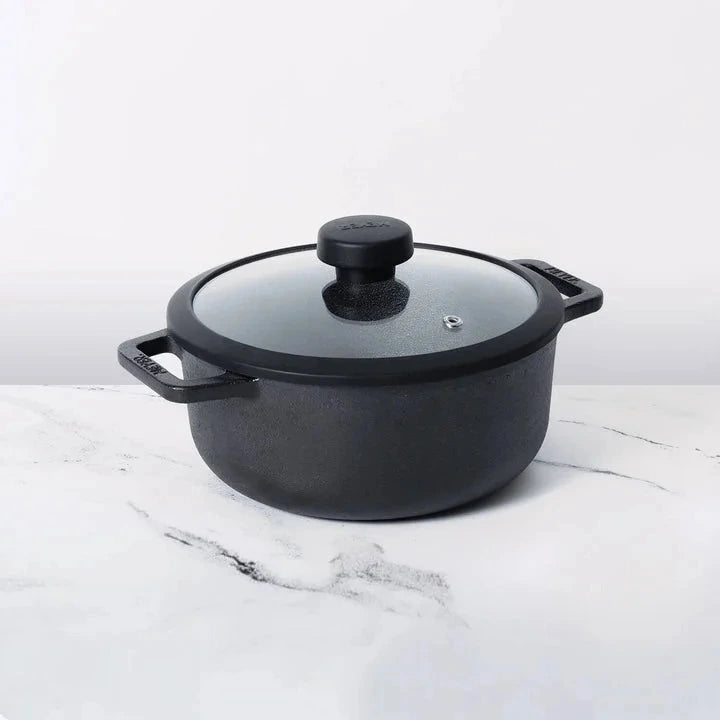Stevia is a natural, calorie-free sweetener derived from the leaves of the Stevia rebaudiana plant, which is native to South America. It has been used for centuries as a sweetening agent in various countries, particularly in Paraguay and Brazil. Stevia is known for its intense sweetness and is used as a sugar substitute in many food and beverage products.
Stevia is popular as a sugar alternative because it does not contribute calories or carbohydrates to the diet and has a minimal impact on blood sugar levels. This makes it suitable for people who are looking to reduce their calorie intake, manage their blood sugar levels, or follow a low-carbohydrate diet. Stevia is also tooth-friendly, as it does not promote tooth decay like sugar does.
Table of Contents
Is Stevia Healthy?
Yes, stevia is healthy. The following attributes make stevia healthy:
Zero Calories: Stevia is a non-nutritive sweetener, meaning it provides no calories. This makes it a suitable option for those who want to reduce their calorie intake or manage their weight.
Low Glycemic Index: Stevia has a negligible effect on blood sugar levels, making it a suitable choice for people with diabetes or those who need to manage their blood sugar levels. It does not cause the same spike in blood sugar that regular sugar does.
Tooth-Friendly: Stevia does not contribute to tooth decay like sugar does. It is not metabolized by the bacteria in the mouth, which means it does not produce acids that can harm tooth enamel.
Natural Origin: Stevia is derived from the leaves of the Stevia rebaudiana plant, making it a natural sweetener. It undergoes a process to extract the sweet compounds called steviol glycosides, which are responsible for its sweetness.
What Makes Stevia Sweet?
The sweetness in stevia comes from natural compounds called steviol glycosides, which are extracted from the leaves of the Stevia plant. These glycosides are highly concentrated, providing a sweet taste that can be several hundred times sweeter than sugar. As a result, only a small amount of stevia is needed to achieve the desired level of sweetness.
Taste of Stevia:
Stevia can have a slightly different taste compared to sugar. Some people may notice a subtle herbal or licorice-like taste, especially with certain brands or preparations. However, the taste of stevia can vary, and many people find it to be a suitable and satisfying sugar substitute.
How to Use Stevia?
Stevia is also available and used as a sugar substitute in many products, as well as in home cooking and baking. Stevia can be used in similar ways as sugar, but keep in mind that it is much sweeter, so smaller amounts are needed.
Is Stevia Good for Weight Loss?
Sugar is high in calories, providing about 4 calories per gram. Stevia, on the other hand, is a calorie-free sweetener. If you're looking to reduce your calorie intake, stevia can be a better option as it adds sweetness without adding extra calories.
Can Diabetics Have Stevia?
Sugar can cause rapid spikes in blood sugar levels, which may be a concern for individuals with diabetes or those looking to manage blood sugar levels. Stevia has minimal impact on blood sugar levels, making it a suitable alternative for people who need to control their blood sugar.
Difference Between Sugar and Stevia:
Source: Stevia is derived from the leaves of the Stevia rebaudiana plant, while sugar is typically extracted from sugar cane or sugar beets.
Sweetness: Stevia is much sweeter than sugar. The sweetness of stevia can vary depending on the brand and product, but it is generally several hundred times sweeter than sugar. As a result, only a small amount of stevia is needed to achieve the desired level of sweetness.
Calorie Content: Stevia is a calorie-free sweetener, meaning it provides no calories when consumed. On the other hand, sugar is a source of calories, providing about 4 calories per gram.
Glycemic Impact: Stevia has a minimal effect on blood sugar levels, making it suitable for individuals with diabetes or those who need to manage their blood sugar levels. It does not cause the same spike in blood sugar that sugar does. Sugar, on the other hand, can rapidly raise blood sugar levels when consumed.
Usage: Due to its intense sweetness, stevia is often used in much smaller quantities than sugar. It is commonly used as a sugar substitute in various food and beverage products, as well as in home cooking and baking.
Can Stevia Substitute Sugar?
Yes, stevia can be used as a healthy substitute for sugar in many recipes and beverages. It is often used as a natural sweetener and sugar alternative due to its intense sweetness and minimal impact on blood sugar levels











Leave a comment